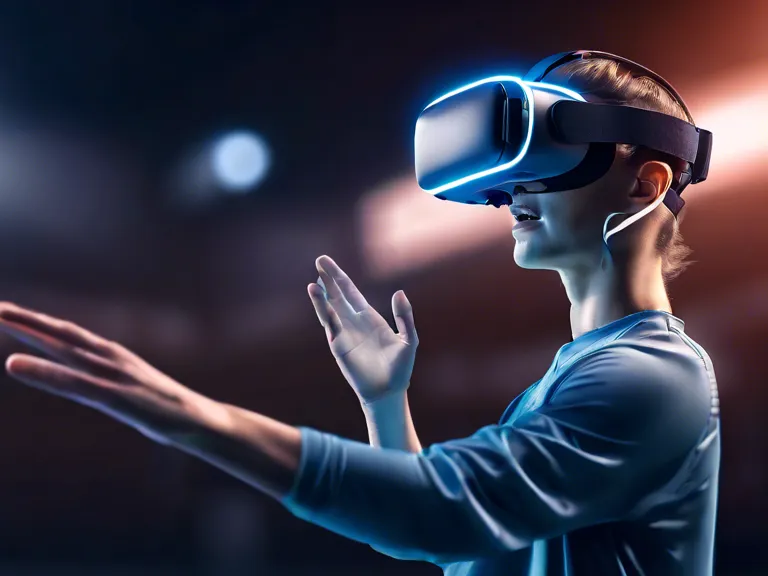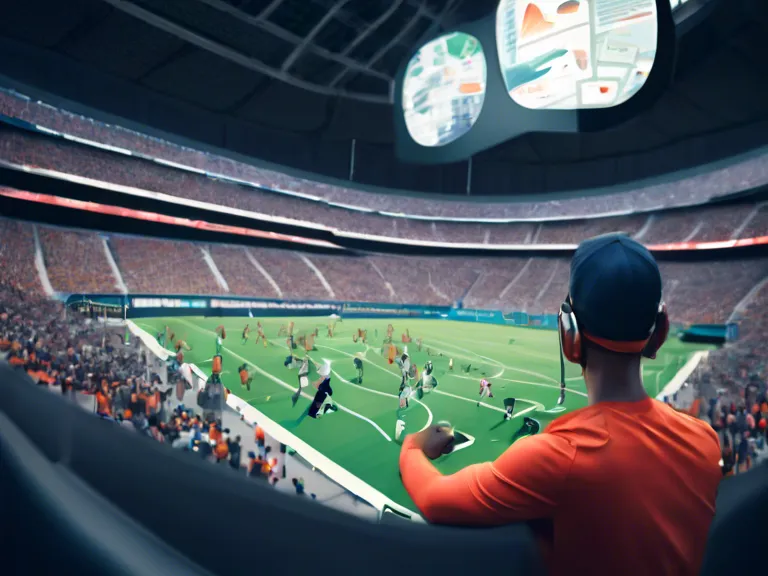
Virtual reality (VR) technology is revolutionizing sports training, offering athletes new ways to improve their skills and performance. From immersive simulations to real-time feedback, VR is shaping the future of sports training. In this article, we will explore the latest trends and innovations in the role of virtual reality in sports training.
One of the key advantages of VR in sports training is its ability to create realistic and interactive environments. Athletes can immerse themselves in simulated game scenarios, practice plays, and drills, all while receiving instant feedback on their performance. This kind of hands-on training can help athletes develop muscle memory, improve reaction times, and enhance decision-making skills.
Another trend in sports training is the use of VR for mental preparation and visualization. Athletes can mentally rehearse events, visualize successful outcomes, and build confidence in a controlled, simulated environment. This kind of mental training can be just as important as physical training in achieving peak performance.
Innovations in VR technology are also expanding the possibilities for sports training. Motion tracking sensors and haptic feedback systems can provide real-time data on an athlete's movements and performance. This data can be analyzed to identify areas for improvement and tailor training programs to individual needs.
Furthermore, VR can be used to enhance team communication and collaboration. Players can train together in virtual environments, regardless of their physical location, improving coordination and teamwork. Coaches can also use VR to observe and analyze players' performances from different angles, providing valuable insights for strategic planning.
In conclusion, the role of virtual reality in sports training is rapidly evolving, offering innovative solutions for athlete development. From immersive simulations to mental preparation and team collaboration, VR is reshaping the future of sports training.



